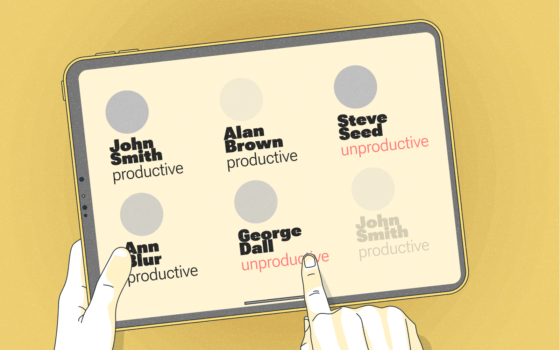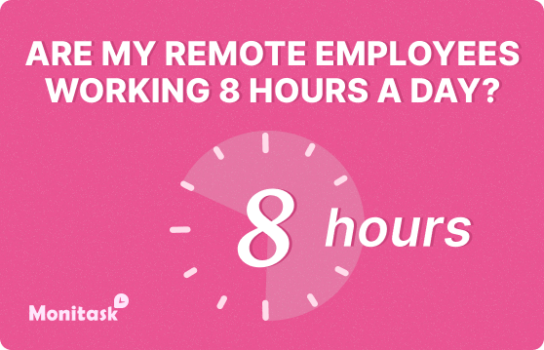
Do you consider yourself a lazy person who is difficult to motivate to grow? You would like to lose weight, learn a foreign language, change your profession, but all the time there are some excuses. You don’t have the strength, the money, the mood, you want quick and easy results, for which you don’t have to make efforts and sacrifice the usual pleasures. How do people with a weak will live in a world full of competition?
The good news is that there is a way to get out of “lazy” mode, it does not require any special feats or super-motivation. It is enough to move forward in small steps, which will bring positive emotions. What are these steps?
Motivation for the lazy: how to stop putting things off until tomorrow?
For starters, answer the question: why do you promise to start running in the morning, not to eat sweets, and then break down? It’s simple – your intentions are not specific, the goals are spread over time, cause negative emotions (you have to limit yourself again, refusing to do what you love), and this drives you into stress. Any violence against yourself causes a backlash, and in the end, all the plans fall through the cracks. Another trick is that we find it hard to get off the beaten path that we have been used to walking on for years. To make a difference, try the micro-decision technique-it’s a powerful motivator for the lazy. All you need to do is tie a goal to an incentive, set yourself a simple task with a positive attitude. But let’s move on to practice.
Instead of “I won’t eat candy,” tell yourself, “I’m replacing candy with nuts and fruit for the week. Instead of “stop eating at night,” give yourself a choice – a light snack before bed with an emphasis on vegetables or cottage cheese. If you do not like to exercise, you can find it an alternative: every Thursday and Saturday to walk for half an hour before going to bed, instead of the elevator to go home on foot, go out one stop earlier to stretch your legs. The same goes for work, school, and personal life – give yourself small tasks that are easy to accomplish. Wash your plate right after a meal so that you don’t accumulate a mess, cuddle with your loved one for 5 minutes a day, call one potential client after lunch (not a hundred).
What rules should be followed when implementing a micro-decision?
– troduce no more than one healthy habit a month, no matter how easy it may seem. Don’t rush to change your life in a drastic way, make everything playful to avoid stress.
– e volume of innovation should not be intimidating (start with 3-5 minutes of exercise, not an hour of intensive training). Dump yourself from impossible tasks, although everything is individual: one hundred squats is a trifle to one person, and ten is a lot to another.
– nd the habit to some actions, clearly prescribe it by time: do the task for 10 minutes after waking up or on Wednesdays and Fridays after work.
– something doesn’t go according to plan, you will break the schedule – no criticism or self-pity. The new habit should evoke only positive emotions, refuse negative reinforcements and concentrate on rewards – how will you please yourself for completing the task, how will you reward yourself?
In what cases is it worth applying the technique of micro-decisions?
- When you have a goal that’s scary ambitious, you don’t know how to approach it. To get off the ground, you have to start somewhere. Micro-decisions will help reduce the importance of the idea and build momentum little by little.
- When you need to learn healthy habits that are not to your liking: start eating right, exercising, cleaning the house. You don’t want to, but it’s a “must” for health and work efficiency – micro-decisions will help you approach the matter without violence to yourself.
- If there are plans that you’ve nurtured for years, but they continue to remain dreams: you do not have time to implement them. With micro-decisions you can move slowly but surely towards your goal.
- If you are going through a life and professional crisis, grief of loss, you have no resources for anything, but you do not want to lie down and do nothing.
- If you’re up to your neck in business and important projects (this also applies to moms on maternity leave), but you’re in no mood to forget about your dreams. Micro-decisions can help you do something useful for yourself without spending a lot of effort.
What are the disadvantages of this technique?
- If you now think it’s easy to do a five-minute workout in the morning or give up a delicious dessert in favor of water and berries, you’re wrong. In the first week, you’ll have to experiment with the amount of tasks you set until you find an option that suits you.
- Micro-decisions don’t produce quick results; set yourself up for the long haul. On the other hand, before you did nothing at all for your goal, and now you’re on your way, even if you’re moving in turtle steps.
- Useful habits can reset after a long break or vacation, in which case you will have to find new ways of motivation.
- If you start to sabotage even small steps on the way to the goal, not being able to perform the set minimum of tasks – you run the risk of serious disappointment in yourself. We recommend to think: is it your goal in general or imposed from the outside?
In any case, you now know how to motivate yourself to self-development, if there is no time, desire or resources to move towards the goal – use micro-decisions.


